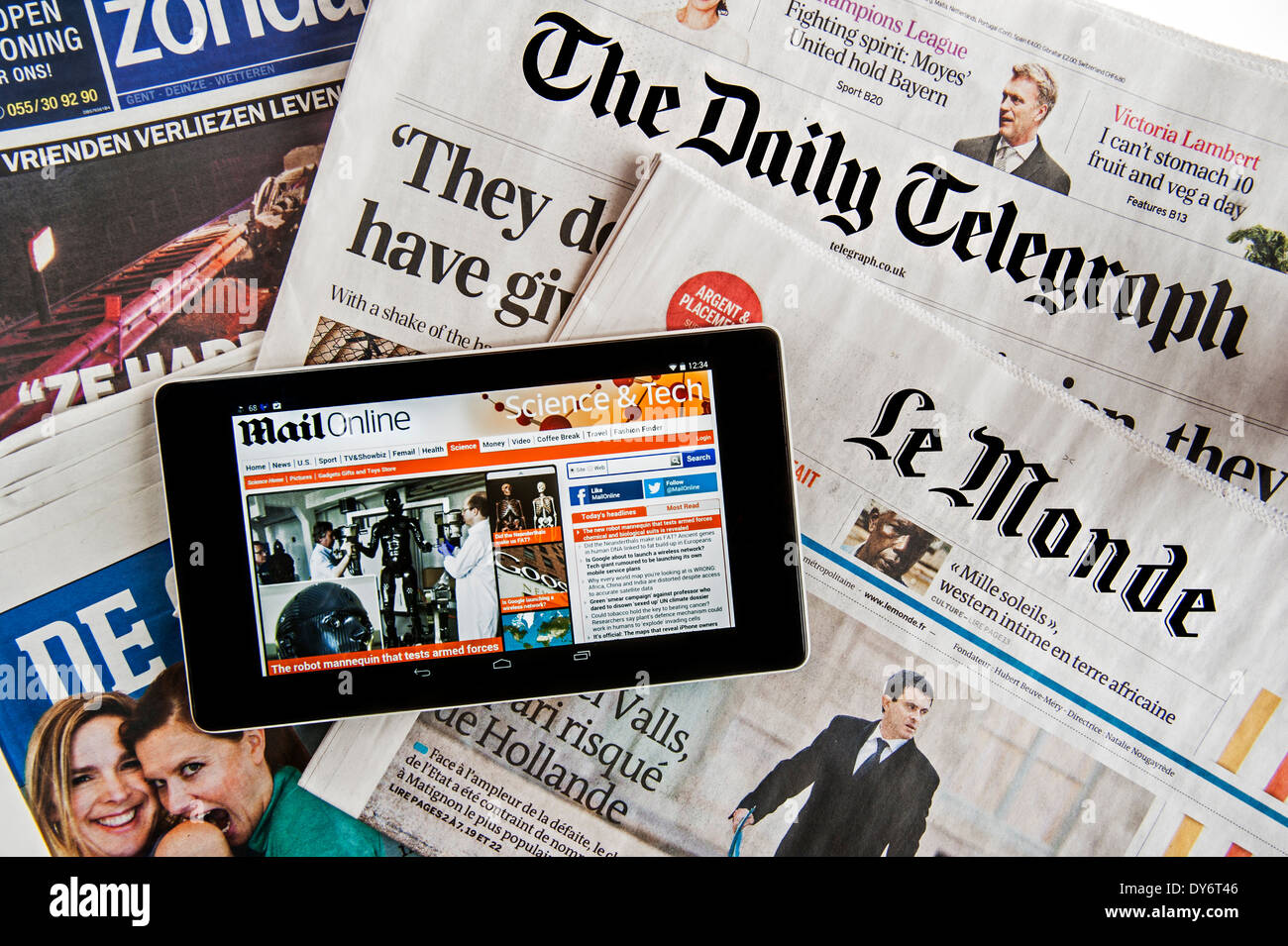Everything about International News Online
Everything about International News Online
Blog Article
The 30-Second Trick For International News Online
Table of ContentsExcitement About International News OnlineFacts About International News Online RevealedThe Ultimate Guide To International News OnlineFascination About International News Online
Roughly a third of united state grownups (31%) state they consistently get information from Facebook. While Twitter is only utilized by about three-in-ten united state grownups (27%), concerning half of its users (53%) turn to the website to routinely obtain news there. And a quarter of united state adults regularly obtain information from YouTube, while smaller shares obtain news from Instagram (13%), TikTok (10%) or Reddit (8%).The United State, South Korea and the Netherlands are particularly most likely to hold this view. As a different evaluation shows, the previous two additionally stick out for being the countries where individuals are probably to report conflicts between individuals who sustain various political parties. While perceived political division in the Netherlands is somewhat lower, it, too, differs: In between 2021 and 2022, the share who stated there were disputes enhanced by 23 portion points amongst the greatest year-on-year changes noticeable in the study.
South Korea, Singapore, Italy and Japan are the most likely to see social networks making people more forgiving. On the other hand, the Netherlands and Hungary stand out as the two nations where a plurality claims the internet and social networks have made people much less approving of individuals with racial or spiritual differences.
Getting The International News Online To Work
More youthful people are a lot more likely than older ones in most nations to say that social media has increased tolerance.
This is even more than the 23% who state it has actually made them much more civil though a typical of 26% see little influence either means. In the U.S., the Netherlands and Australia, a majority sees the net and social media making people much less civil.
People with higher degrees of education often tend to see much less civility thanks to social media sites about those with reduced levels of education. In a lot of areas surveyed, those that believe social media has actually made individuals more split politically, compared with those who state it has had no influence on divisions, are additionally most likely to state social media has made people less civil in exactly how they chat concerning politics.
The Ultimate Guide To International News Online
Self-confidence in social media check this sites's result on altering people's minds is best in South Korea, Singapore and Malaysia. Germans, Belgians, Israelis and French grownups are a lot more unconvinced, with no greater than about half seeing social media as reliable for altering people's minds on sociopolitical issues. Sights on social networks as a way to bring the focus of chosen officials to particular problems are similar.

Similarly, likewise adults more youthful grownups more likely much more consider social media an effective way efficient changing peopleTransforming individuals on issues - International News Online.
More About International News Online
The distinctions are biggest in Israel in both cases. Israeli social media sites users are 47 points more probable than non-users to state review social networks is effective for elevating understanding and 38 points more probable to consider it reliable for altering people's minds on sociopolitical issues. Different views in between social networks users and non-users are less usual when it comes to social media sites as a reliable method for bringing chosen officials' focus to concerns or affecting policy decisions.

It was down in the UK and Brazil yet up some other nations, such as Greece, Bulgaria, and Poland. This year, for the first time, we asked regarding the various ways that individuals stay clear of the information and located that around half of avoiders (53%) were trying to do so click now in a broad-brush or regular method as an example, by turning off the radio when the information began, or by scrolling past the news in social networks.
e.g. scrolling previous news, changing networks when information begins. of avoiders examine resources less often. e.g. limit to specific times of day, turning off alerts, etc. of avoiders prevent some topics. e.g. topics that reduce state of mind or boost anxiousness. You said that you try to proactively avoid news.
Report this page